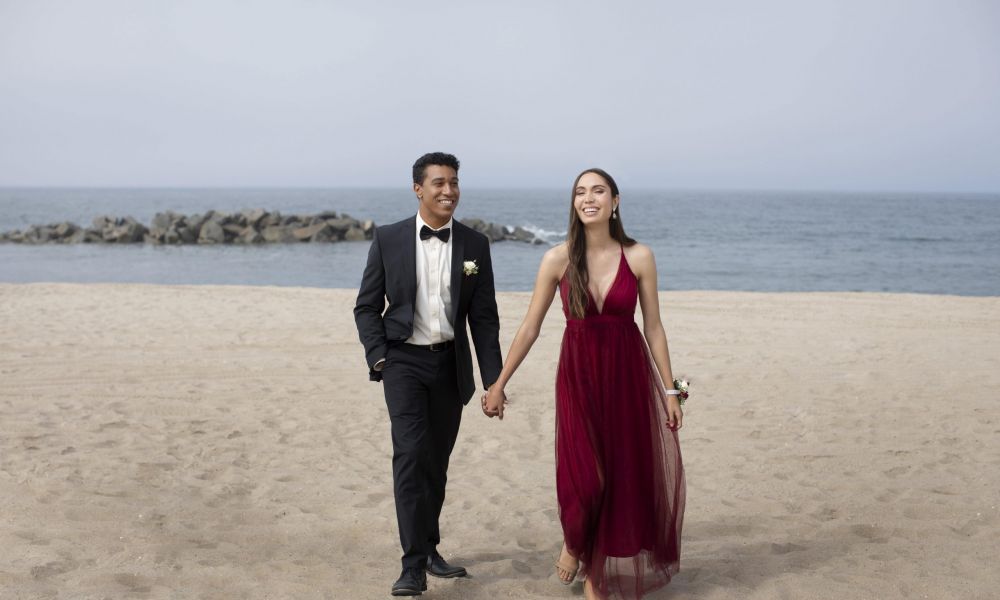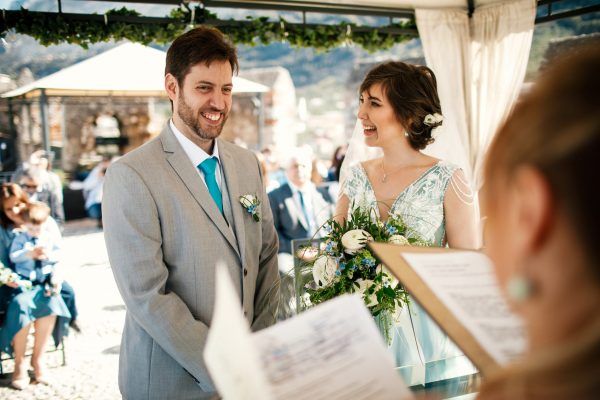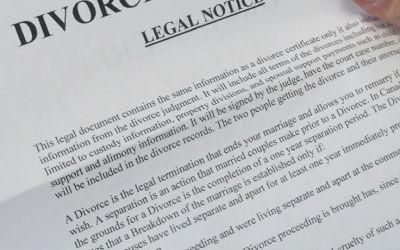
Expat Dubai Marriage: A Complete Guide to Sharia & Civil Weddings
Table of Contents ▼
Are you an expatriate living in Dubai and considering marriage?
Understanding the expat Dubai marriage process is essential for ensuring your big day goes off without a hitch. Whether you’re opting for a traditional Sharia law marriage or a civil ceremony, Dubai offers both options to suit your needs.
Expats seeking a valid Abu Dhabi civil court marriage can navigate the process via the court system.
In this guide, we’ll take you through all the necessary steps, documents, and legal considerations to help you navigate the expat Dubai marriage process with ease.
The Legal Framework for Expat Dubai Marriage
Marriage in UAE for foreigners is simple with either Sharia or civil law options. Dubai allows expatriates to marry under two main legal frameworks: Sharia law or civil law. Depending on your nationality, religion, and preferences, you can choose the one that best suits you.
Sharia Law Marriage for Muslims
For Muslim expatriates, marriage is governed by Sharia law. This type of marriage involves a formal legal process, which includes the following:
- Eligibility: Both parties must be of legal age, and the woman must have the consent of her guardian (wali). Additional documents are required if the woman is widowed or divorced.
- Documents Required: Passports, residency visas, proof of single status (such as a certificate of no impediment), and health certificates confirming that both parties are free from contagious diseases.
- Process Time: The registration of a Sharia marriage generally takes about two weeks, although delays can occur due to paperwork or other factors.
- Marriage Certificate: Once your marriage is registered, a marriage certificate will be issued, which serves as legal proof for various purposes, such as applying for a spouse visa.
Civil Marriage for Non-Muslim Expats
Non-Muslim expatriates in Dubai can opt for a civil marriage, which is a legal ceremony conducted by the authorities without religious implications. This is often preferred by expats from countries where civil marriages are common.
- Eligibility: Non-Muslim expatriates from any nationality are eligible to marry under civil law, as long as they meet the necessary documentation requirements.
- Documents Required: Valid passports, residency visas, proof of single status (certificate of no impediment), and health certificates.
- Process Time: Civil marriages can take up to 3 months due to embassy document processing and verification.
- Marriage Certificate: After registration, a marriage certificate is issued, which is valid in both Dubai and the couple’s home country.
Step-by-Step Process for Expat Dubai Marriage

The expat Dubai marriage process can vary slightly depending on whether you choose a Sharia law marriage or a civil marriage. Here’s a breakdown of the steps you need to follow.
Step 1: Gather and Submit Your Documents
Start by collecting the necessary documents:
- Valid passports and UAE visas
- Proof of single status (certificate of no impediment)
- Health certificates from an authorized medical center
- Proof of residence in Dubai
For a civil marriage, the documents should be submitted to your embassy. Sharia marriages are typically processed directly through the Dubai courts.
Step 2: Document Verification
Once the documents are submitted, they must be verified by the relevant authorities. This process usually takes up to 2 weeks. Once your documents are verified, you will be notified to proceed to the next step.
Step 3: Marriage Registration
Once your documents have been verified, you can proceed with marriage registration:
- Sharia Law: Both partners must appear in person at the Dubai court for the marriage ceremony. Once the ceremony is conducted, the marriage is officially recorded.
- Civil Marriage: Non-Muslim expatriates must register their marriage at the relevant embassy or consulate. Once processed, the marriage certificate will be issued.
Step 4: Marriage Certificate
After the marriage is successfully registered, you will receive a Marriage Certificate, which serves as legal proof of your marriage. This certificate is necessary for legal purposes such as applying for a residence visa for your spouse and making legal declarations in your home country.
Key Documents for Expat Dubai Marriage
While the required documents may differ depending on the type of marriage, here’s a general list of what you’ll need:
- For Sharia Law Marriage: Passports, residency visas, proof of single status, health certificates, and guardian consent for women under the legal marriage age (18 years).
- For Civil Marriage: Passports, residency visas, proof of single status, health certificates, and proof of residence in Dubai.
Costs and Timeframes for Expat Dubai Marriage

The cost of getting married in Dubai varies depending on the type of marriage and the process involved:
- Sharia Law Marriage: Typically costs between AED 500 and AED 2,000, including court fees and processing of health certificates.
- Civil Marriage: Costs are generally higher, ranging from AED 2,000 to AED 4,000, due to embassy registration and paperwork fees.
- Sharia Law Marriage: The process generally takes about 2 weeks.
- Civil Marriage: This can take up to 3 months due to embassy document processing and verification.
Common Challenges for Expatriates When Marrying in Dubai

While the expat Dubai marriage process is generally straightforward, there are some challenges to keep in mind:
- Document Discrepancies: Missing or incorrect documentation can cause delays, so it’s essential to ensure all paperwork is accurate.
- Nationality-Specific Requirements: Some nationalities may have additional requirements or bureaucratic hurdles when registering their marriage abroad.
Tips for a Smooth Expat Dubai Marriage Process
To ensure a smooth marriage process, follow these tips:
- Consult a Legal Expert: Hiring a professional who specializes in expat Dubai marriage can save time and ensure that all documentation is in order.
- Prepare Your Documents Early: Gathering your paperwork in advance can prevent last-minute issues.
- Check Nationality-Specific Requirements: Some nationalities may have extra documentation or steps required. Always confirm with your embassy before starting the process.
Conclusion
An expat Dubai marriage can be a smooth and exciting experience if you’re prepared. Whether you choose a Sharia law marriage or a civil marriage, understanding the requirements and following the correct steps will help ensure everything goes according to plan.
For a hassle-free experience, consider working with a professional service like Easy Wedding, which can guide you through every step of the expat marriage process, from document submission to marriage registration.
Find out how to get married in UAE nationals with the right legal steps and documentation.


